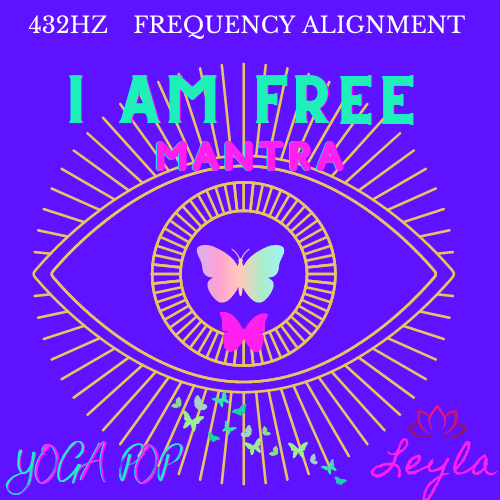Music is a powerful thing. Besides its entertainment value, listening to music has incredibly positive effects on the brain. More specifically, music can change the way we act, feel and think. Researchers have found that music increases memory and retention while maximizing learning abilities.
Our brain triggers particular emotions, memories, and thoughts, which often lead to more positive effects on mental health.
According to a new study published in the Journal of the Medical Association Network Open, researchers have said that listening to and creating music is highly recommended, including in the latest report from the World Health Organization (WHO), as a means of improving health-related quality of life. , as well as various domains of well-being in clinical and healthy populations.
The analysis found that music had similar positive reinforcement in people as they experienced during weight loss in studies of obese adults.
According to a health website Verywell Mind, some of the potential benefits music has on our brains are:
Improves cognitive performance
Research has found that background music, or music played while a person is primarily focused on another task, can improve performance on cognitive tasks in older adults. One study suggested that playing more upbeat music led to improved processing speed, while upbeat, upbeat music led to memory benefits.
So if you’re working on a task, consider putting some music on in the background if you want to improve your mental health. Consider choosing instrumental tracks over those with complex lyrics, which might be more entertaining.
Help to eat less
One of the most amazing psychological benefits of music is that it could be a useful tool for weight loss. If someone is trying to lose weight, listening to soft music and dimming the lights can help achieve their goals.
According to one study, people who ate in dimly lit restaurants with soft music playing ate 18% less food than those who ate in other restaurants.
Researchers have found that music and lighting help create a more relaxed environment. Since the participants were more at ease and relaxed, they may have consumed their food slowly and were more aware of when they started to feel full.
Reduces stress
It was suggested long before that music could help reduce or manage stress. So, people might consider the trend centered on meditative music to soothe their mind and induce relaxation. Fortunately, it’s a trend that’s backed by research. Listening to music can be an effective tool for coping with stress.
According to a 2013 study, people participated in one of three conditions before being exposed to a stressor and later taking a psychosocial stress test.
Some of the participants listened to relaxing music, others listened to the sound of rippling water, and the rest received no auditory stimulation.
The results revealed that listening to music impacts the human stress response, specifically the autonomic nervous system. Those who had listened to music recovered more quickly from stress.
Improves motivation
There’s a good reason why people find it easier to exercise while listening to music. Researchers have found that listening to fast-paced music encourages individuals to exercise harder.
An experiment designed to study this effect asked 12 healthy male college students to cycle on a stationary bike at speeds at their own pace. In three different trials, the students cycled for 25 minutes at a time while listening to a playlist of six other popular songs of different tempos.
Unbeknownst to the listeners, the researchers made subtle differences to the music and then measured the performance. The music was left at medium speed, increased by 10% or decreased by 10%.
The acceleration of the trails translated into high performance in terms of distance traveled, pedaling speed and power exerted. Conversely, slowing down the tempo of the music resulted in a decrease in all of these variables.
Reduces symptoms of depression
Researchers have also suggested that music therapy may be an effective and safe treatment for various disorders, including depression. A study found music therapy to be a safe, low-risk way to reduce anxiety and depression in patients with neurological conditions like stroke, dementia, and Parkinson’s disease.
While music can undoubtedly impact mood, the type of music is also key. Classical music and meditation offer huge mood-enhancing benefits, while heavy metal and techno music are ineffective and even harmful.
Improves memory
Many students like to listen to music while studying, but is it such a good idea? Some feel that listening to their favorite music while studying improves memory, while others have observed that it serves as a pleasant distraction.
Research suggests it can help. But it depends on a variety of factors, including the type of music, the enjoyment of the listener, and even their musical training. According to one study, musically naïve students learned better when listening to upbeat music, possibly because these songs elicited more positive emotions without interfering with memory formation.
However, musically trained students performed better on learning tests when they listened to neutral music, possibly because this type of music was less distracting and easier to ignore. If you’re distracted by music, it may be best to learn in silence or with neutral tracks in the background.
Another study found that participants learning a new language saw an improvement in their ability and knowledge when they practiced singing new words and phrases compared to regular speech or rhythmic speech.
Also Read: Maharashtra Woman Wins Guinness World Record for Solving Rotating Puzzle Cube
 AD Roberts
AD Roberts



